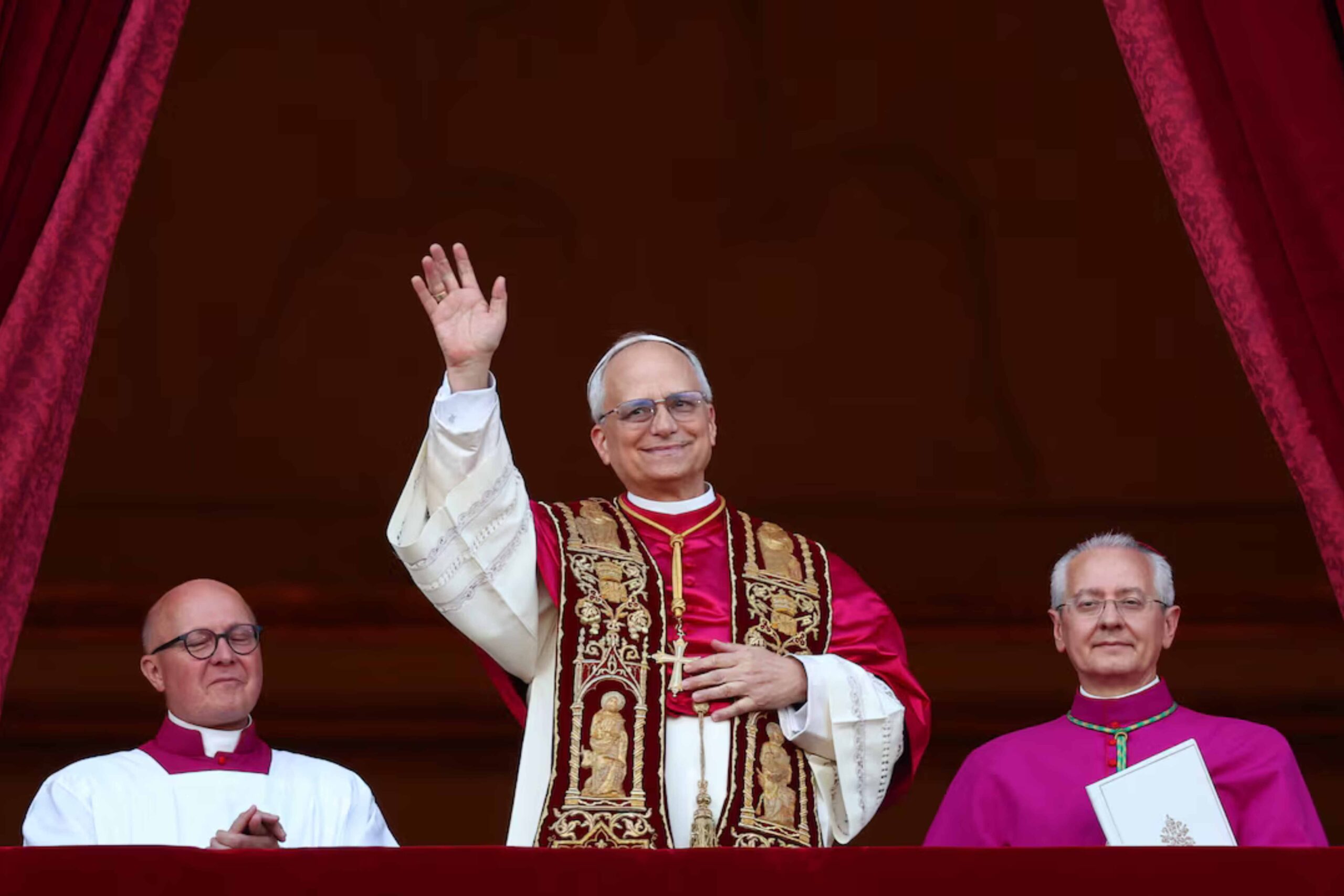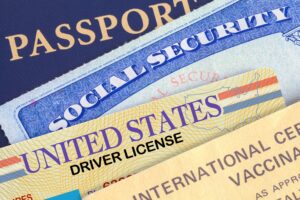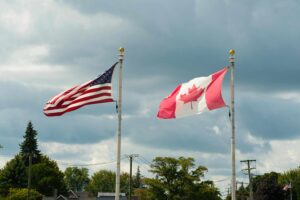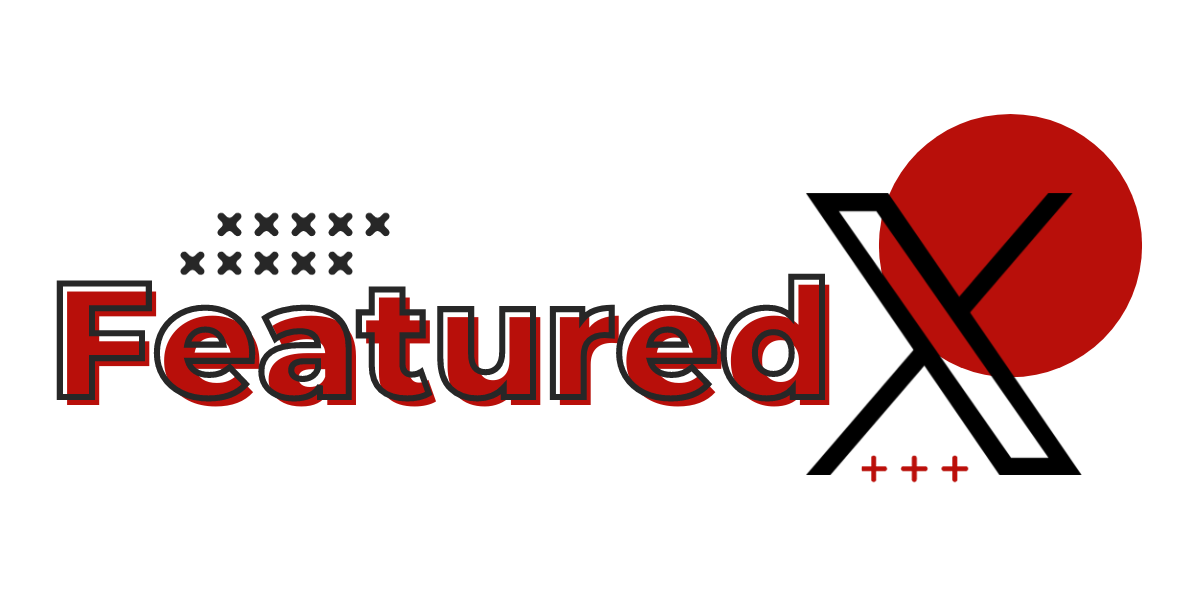Dear Reader,
Thank you for being a loyal reader of the Weekender! Over the years, we hope that our news round-up has brought learnings, insights, and even laughs. Moving forward, we will be shifting away from weekly distribution, and instead, we will deliver special editions in the future – stay tuned! While our weekly newsletters will be coming to a close, the conversations and insights will persist. We would love to keep the conversation going with you, so please be sure to check in with us on X, Facebook, Instagram, and LinkedIn.
All the best,
John Stineman
DATA POINTS
- May 5 – The last day Skype was available to users after 23 years
- 55 Years – The length of Warren Buffett’s term as CEO of Berkshire Hathaway
- 133 – The number of voting Cardinals participating in the conclave
- $396,900 – The median price of a home sold in January; the highest price ever for the month of January
- $34.1 Billion – The expected consumer spending for Mother’s Day in 2025
- $76 B – The total value of the NBA’s new 11-year media rights deal with ESPN/ABC, NBC, and Amazon
Pope Leo XIV
The election of Pope Leo XIV marks a historic moment for the Catholic Church, as he becomes the first American-born pontiff in its 2,000-year history. Robert Francis Prevost, originally from Chicago, spent years as a missionary in Peru before taking on leadership roles in the Vatican. His background shows he cares deeply about people and has the experience to manage the responsibilities that come with being pope. In many ways, his predecessor Pope Francis put Prevost on the path to the papacy through mentorship and promotions.
As Pope Leo XIV begins his new role, he’s stepping into a Church facing some big challenges. Inside the Vatican, there are deep divides between more traditional members and those pushing for change. The Church is still dealing with the fallout from abuse scandals and calls for more transparency around finances. On a global scale, people are looking to the pope for moral leadership on issues like war and climate change.
Looking ahead, Pope Leo XIV’s leadership will be instrumental in addressing these issues. His unique background and experiences position him to navigate the complexities of modern Catholicism, aiming to rejuvenate the Church’s mission and relevance in today’s world.
Read More at The New York Times
It’s Time to Get Real (IDs)
After years of the TSA telling passengers to hit up their local DMV to secure a newly minted “Real ID,” the time has come for travelers to get in line. Those without the new card should expect to face additional screening measures and longer queue times than those who do. If you have a U.S. passport, a Global Entry card, a Department of Defense ID, or a permanent resident card, you will be able to bypass these additional safety checks.
Secretary of Homeland Security Kristi Noem told House Members at a hearing that even if passengers do not have a Real ID, they will still be allowed to board a plane. TSA will be offering leeway to those who haven’t upgraded their driver’s license yet but continues to encourage all to do so at their earliest convenience.
Read More at The New York Times
The New Study Abroad
Earlier this year, the federal government cut billions in federal funding to universities and research institutions, aiming to rein in excessive spending and ensure sound use of taxpayer dollars. While this fiscal discipline is viewed as a win for many American taxpayers, European leaders also saw an opportunity. European Commission President Ursula von der Leyen announced a $566 million fund under the “Choose Europe” initiative, offering lucrative “super grants” and expanded incentives to lure American scientists overseas.
Europe assesses that the domestic cuts could result in American brain drain, positioning the E.U. as a frontrunner in a global science leader race. With readily available research grants on the table in Europe and no expected restart for U.S. federal cash, many of America’s best and brightest may choose to study abroad.
Carney’s Balancing Act
Canada’s new Prime Minister Mark Carney met with President Trump on Tuesday and, despite his campaign rhetoric against the U.S. President, held a cordial discussion. Carney flowed between firmness and flattery during the talk, during which he sought an avenue to manage U.S. tariffs, Canadian autonomy, and shifting alliances. While Carney doubled down by saying “Canada is not for sale,” he assured President Trump that he hopes to forge a new partnership with the U.S.
Carney’s presentation will likely be replicated by others in meetings with the president. Calmly pushing back against Trump’s international threats while appeasing the importance of the U.S. on the global stage worked for Carney. The outcomes of the discussions will become clearer in the coming weeks.
Read More at the Washington Post
Under Da Sea
Mermaids, whales, and oceanographers beware – the next critical mineral race is shaping up to be at the bottom of the ocean. The Metals Company submitted applications for exploration and extraction of deep-sea materials to the U.S. government, and it is being seriously considered by the Administration.
While there is no official ruling from the International Seabed Authority, one of President Trump’s executive orders supports extraction. The area in question, the Clarion-Clipperton Zone coveted by countries and companies alike, is thought to house 15.5 million tons of nickel, 12.8 million tons of copper, 2 million tons of cobalt, and 345 million tons of manganese, according to The Metals Company. The Trump Administration is expected to put its weight behind the operations, including directing the National Oceanic and Atmospheric Administration (NOAA) to support it.
Scientists and environmentalists fear the worst. An adviser for the Deep Sea Conservation Coalition said, “Ninety percent of 5,000 species in the Clarion-Clipperton Zone are still undescribed.” Without proper caution or strategy, sensitive ecosystems may be irreversibly damaged.










